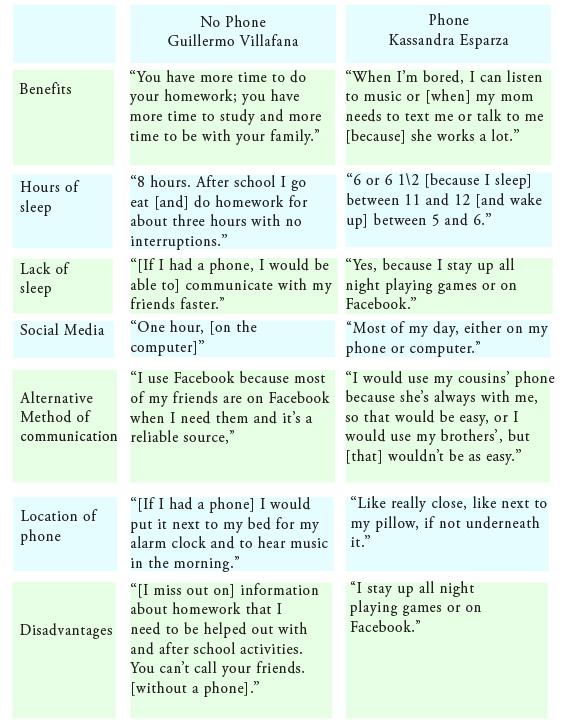FACTS
•Sleep is vital to well-being, as important as the air you breathe, the water you drink and the food you eat. It can help you eat better and manage stress.
•Biological sleep patterns shift toward later times for both sleeping and waking during adolescence – meaning it is natural to not be able to fall asleep before 11:00 p.m.
•Teens need about 9.25 hours of sleep each night to function best (for some, 8.5 hours is enough). Most teens do not get enough hours on school nights.
•Teens tend to have irregular sleep patterns across the week – they typically stay up late and sleep in late on the weekends, which can hurt sleep quality.
•Many teens suffer from treatable sleep disorders, such as narcolepsy, insomnia, restless legs syndrome or sleep apnea.
CONSEQUENCES
•Limits ability to learn, listen, concentrate and solve problems.
•Makes you more prone to acne.
•Leads to aggressive or inappropriate behavior and eating disorders.
•Heightens alcohol effects and possibly increase use of caffeine and nicotine.
•Contributes to illness, not using equipment safely or driving drowsy.
SOLUTIONS
•Make sleep a priority and avoid naps that are too long or too close to bedtime.
•Make your room a sleep haven. Keep it cool, quiet and dark.
•Let in bright light in the morning to signal your body to wake up.
•No pills, vitamins or drinks can replace good sleep.
•Establish a bed and wake-time and stick to it, coming as close as you can on weekends.
•Don’t eat, drink, exercise or use electronics such as phone within a few hours of bedtime.
•Don’t do homework last minute.
•Keep a to-do list; you’ll be less likely to stay awake stressing.
•Participate in activities and classes.
•When you hear friends talking about their all-nighters, tell them how good you feel after getting enough sleep.
Adapted from the Sleep Foundation website


